Inside Germany is our weekly look at some of the news, talking points and gossip in Germany that you might not have heard about. It’s published each Saturday and members can receive it directly to their inbox by going to their newsletter preferences or adding their email to the sign-up box in this article.
The Euros are bringing Germans together – but tension remains
Whichever way you look at it, it’s been a turbulent few years. In the aftermath of the Covid pandemic, Russia launched a full-scale invasion of Ukraine, sparking forced migration, an energy crisis and fears over war spreading in Europe.
In Germany, the cost of living crisis has been gripping residents for years, resulting in increased strike action and protests. Meanwhile, the economy has tanked, support for the coalition government is falling dramatically, division remains over war in the Middle East and the the far-right has climbed in the polls. At the recent European parliament elections, Alternative for Germany (AfD) took second position in the national vote.
READ ALSO: What do Germany’s far-right gains in EU elections mean for foreigners?
With these unresolved issues, you might think that Germany would struggle to come together to organise the UEFA Euro 2024 tournament this summer.
But so far, Deutschland has been a fantastic host.
The scenes of fans from different countries gathering in German cities and mixing with locals have been joyous to see.
Games and logistical matters are taking place without any major problems (at least most of the time).
Hammering Scotland 5-1 in the opening game may have brought Germans a much needed boost. Seeing residents from all walks of life huddle around TVs on streets or attend fan zones to cheer on their team has felt like something we’ve all needed after such heavy years.
It's brilliant to see everyone come together for the Euros. TVs showing the games on every street in Berlin. It's been a bumpy ride in Germany, lots of division. Watching the football feels like a bit of relief pic.twitter.com/4JaIlKuH2x
— Rachel Loxton (@RachLoxton) June 20, 2024
Perhaps if the German team goes far, it will unite people even more.
But the tension is still around.
A recent survey by broadcaster WDR’s Sport Inside, found that one in five respondents would prefer if the German national team had more “white” players, highlighting racist attitudes.
It comes after German partygoers were filmed singing “foreigners out!” on the holiday island of Sylt.
The Euros are providing much-needed light relief in Germany right now – but football won’t fix everything.
Frankfurt Ampelmann gets makeover
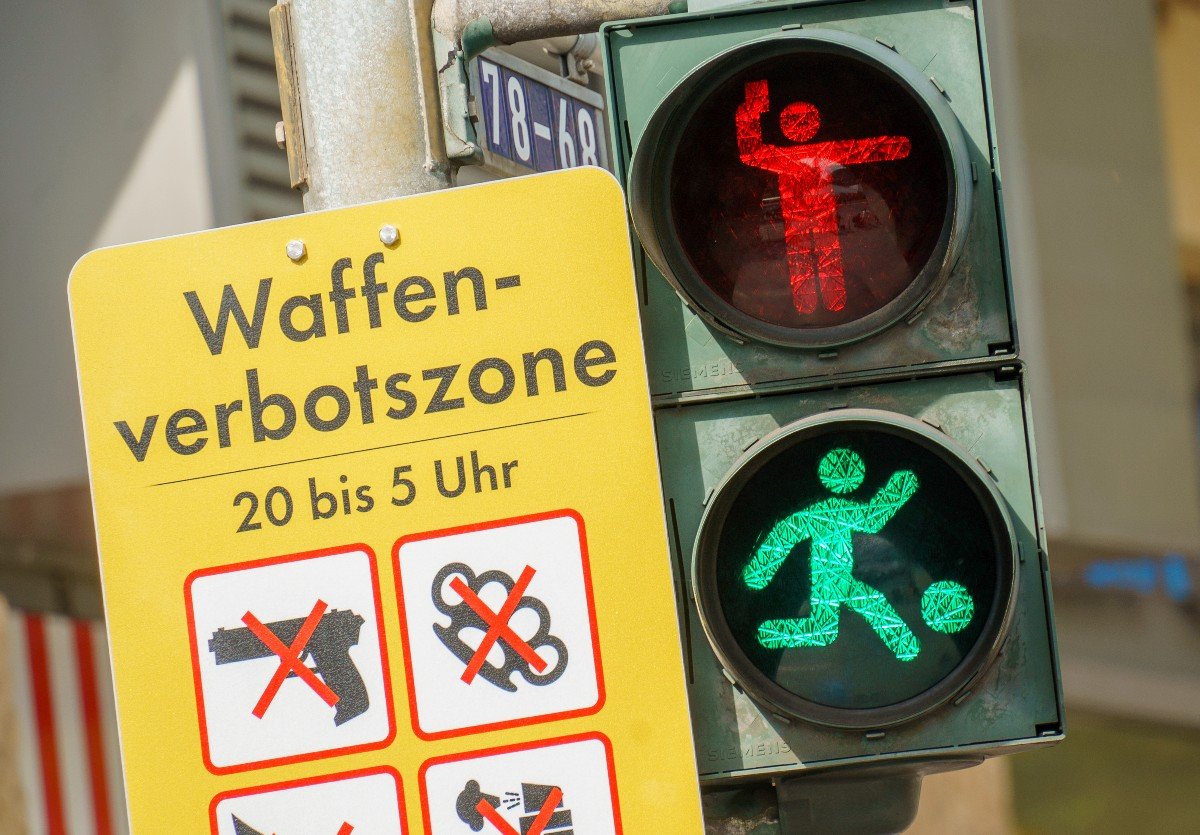
Football fever is gripping the nation – and Frankfurt has updated its traffic lights or Ampeln to to celebrate
Anyone walking through central Frankfurt might spot the Ampelmann (traffic light man) giving a red card or kicking the ball – depending on the colour.
German cities are known for their unusual traffic light figures.
The most famous are the Ampelmännchen (little traffic light men) in Berlin. These were first created in what was then East Berlin back in 1961 and now appear on various traffic lights in the centre of the German capital.
Germany in Focus
In the latest episode of our Germany in Focus podcast, we talk about our highlights of Euro 2024 so far, why the German coalition is hanging by a thread, the postal system reform, how offices are preparing for the German citizenship law changes and the German vocabulary you need to watch football.
Lucky chimney sweeps
My building recently received a visit from a lovely Schornsteinfeger (chimney sweep) to check our boilers were in working order.
It reminded me that seeing a chimney sweep is meant to bring good luck in Germany.
That’s because they traditionally came to homes to clean out chimneys, removing soot and dirt, which would help ward off the possibility of fires (as well as unwanted evil spirits).
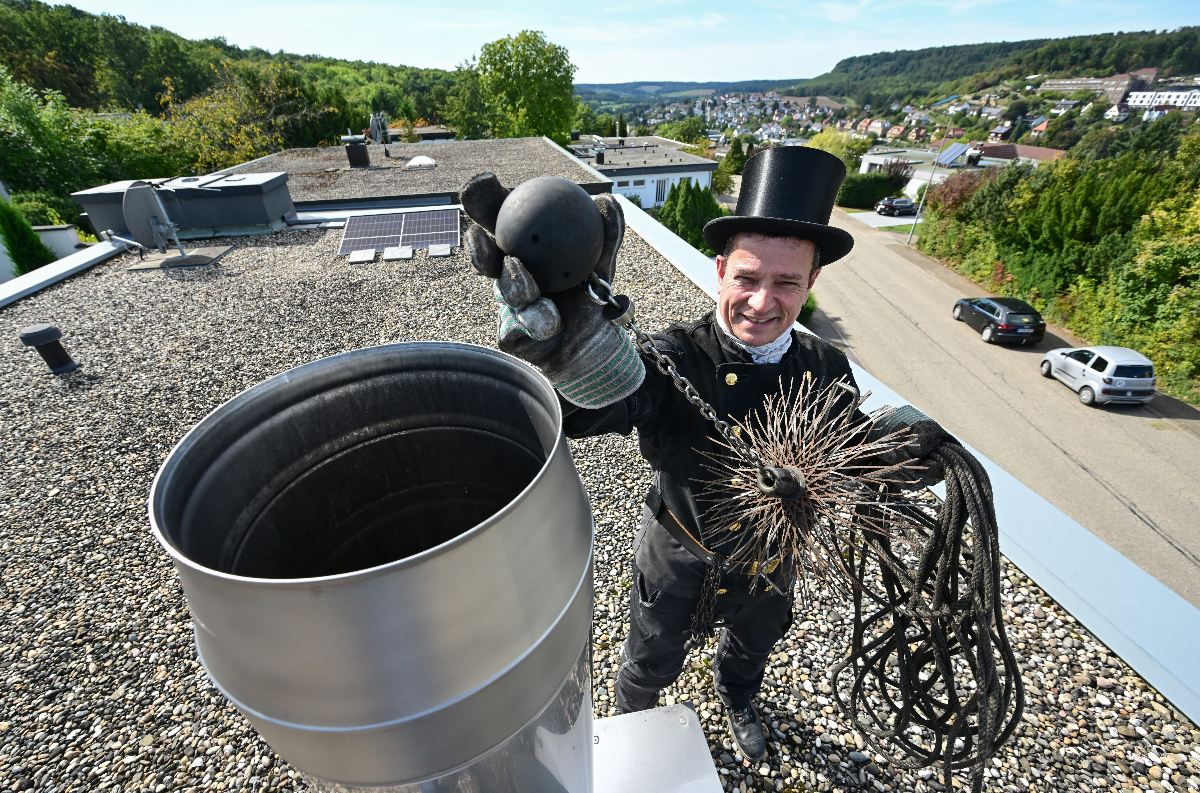
They may not actually be going into chimneys and getting covered in soot these days but they’re still providing maintenance and checking on various heating systems which can only be a Glücksbringer (lucky charm).
You’re supposed to get even more luck if you touch a chimney sweep – for example by shaking their hand or twisting one of their silver buttons – but you should probably ask them first.
If you see a Schornsteinfeger on New Year’s Day or on your wedding day it’s meant to be even luckier.

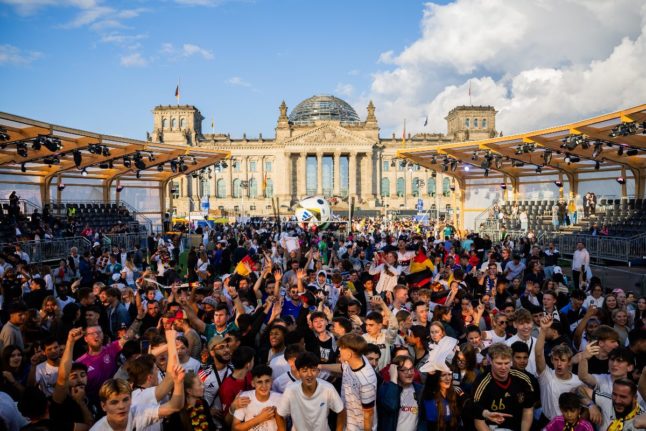
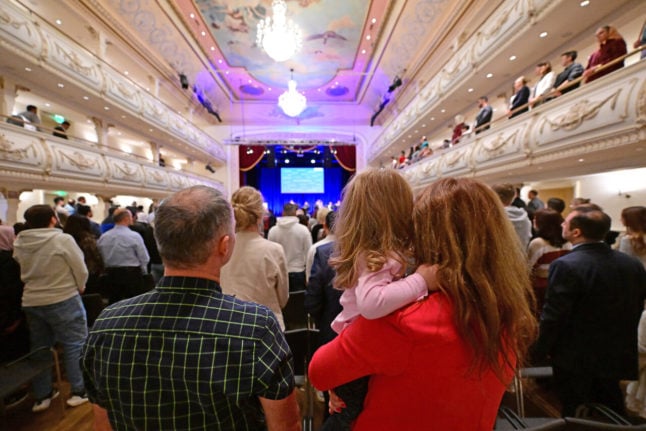
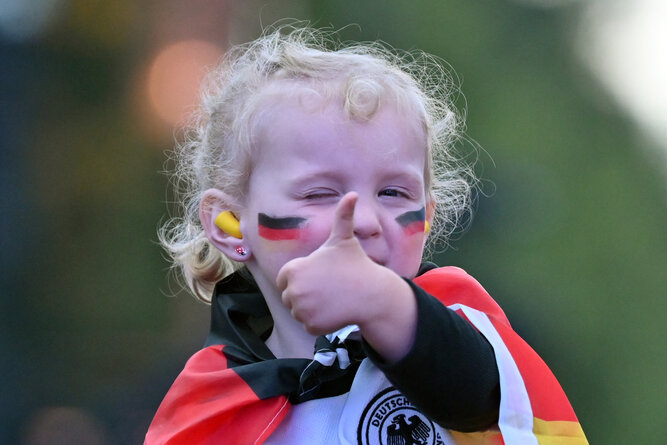

 Please whitelist us to continue reading.
Please whitelist us to continue reading.
Member comments